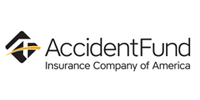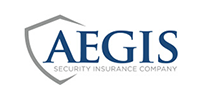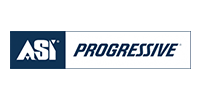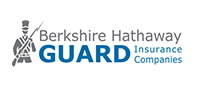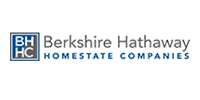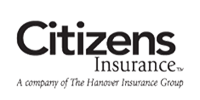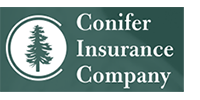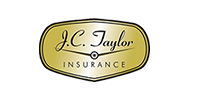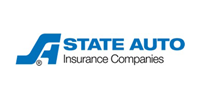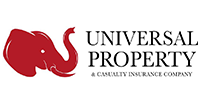Civil unrest can create unique challenges for Michigan businesses. Specifically, business owners face the risk of vandalism, stolen or damaged goods and extensive property damage. With this in mind, it’s crucial to take steps to mitigate the risk of potential damages to your business during periods of civil unrest.
Review the following guidance to help keep your business protected in these situations.
Stay Informed
First and foremost, make sure you stay informed via local Detroit or Grand Rapids authorities, news outlets and social media on potential events or issues that could lead to civil unrest within your community. This practice will allow you to be more aware of when civil unrest is most likely to occur and take a proactive approach to protecting your business.
Assess Property Vulnerabilities
Next, it’s important to assess your business property for potential vulnerabilities. In doing so, you will be able to better determine where to focus your mitigation efforts.
Be sure to conduct a thorough inspection of both your own property and the surrounding area—including neighboring businesses, parking lots, alleys and streets—for specific risk management issues (e.g., gaps in security measures, potential traffic or crowding concerns, the type of property at risk and concerns for employee and customer safety).
Protect Your Property
After assessing potential vulnerabilities, make sure you implement adequate security measures to help keep your business fully protected. Potential security practices to consider include:
• Utilizing security cameras
• Implementing an intruder alarm system
• Boarding up property windows and doors
• Ensuring proper locks on all windows and doors
• Installing motion-sensing external lighting and glass break sensors
• Hiring security guards
Remove Valuables
Try to remove as much cash, merchandise and high-value supplies or equipment from your property as possible. In particular, if your business utilizes a fleet of vehicles, consider moving them to a temporary, secure storage location. This way, you will be able to proactively minimize your losses in the event that your business is targeted.
Further, consider utilizing signage to communicate that money and high-value items have been removed from the premises to help deter potential thieves.
Alter Business Hours
If you suspect that that civil unrest could take place near your property, consider temporarily altering your business hours (e.g., opening or closing earlier than normal) to avoid putting your employees and customers in a dangerous situation. However, make sure you properly communicate these changes with your staff and customers to prevent any confusion. In some cases, it may make sense to temporarily close your business.
Avoid Unnecessary Conflict
In the event that civil unrest takes place while your business doors are open, it’s crucial to educate your staff on how to respond appropriately and avoid unnecessary conflict. Establish an evacuation plan that allows for employees and customers to safely leave the area during a dangerous situation. Designate specific staff to be responsible for securing the property (e.g., locking doors and boarding up windows) before evacuating.
If a potentially dangerous individual confronts any of your employees before an evacuation can occur, encourage them to react calmly and avoid using violence or responding aggressively. Designate specific staff to be responsible for contacting the local authorities or emergency services, if necessary. If the individual attempts to loot or rob your business, allow them to do so—no items are worth the risk of an employee injury or fatality.
Consult Local Authorities
Be sure to express any concerns you have regarding civil unrest in your community with local authorities—including the police department, fire department and government officials—and utilize any resources or guidance that they provide. Consider requesting additional police presence or temporary street closures near your business if you are particularly concerned about the threat of civil unrest.
Secure Proper Insurance
Apart from these loss control methods, you can ensure ultimate protection during periods of civil unrest by securing proper commercial insurance coverage. For additional risk management guidance and insurance solutions, contact PKIG today.




